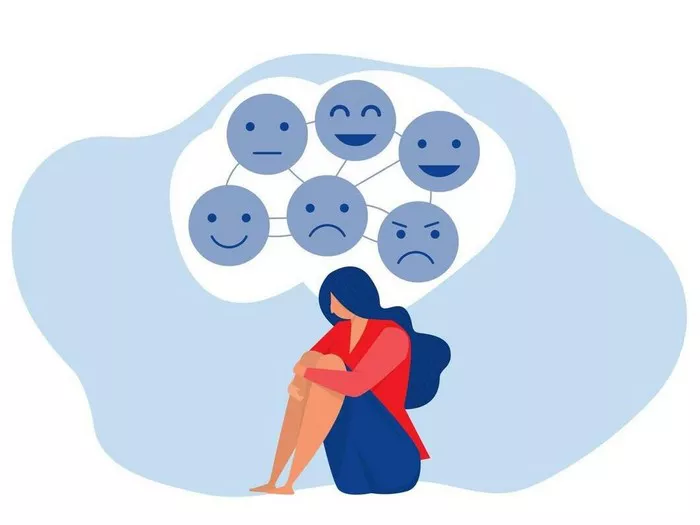A recent clinical trial has demonstrated the potential of a cutting-edge brain stimulation technique, transcranial magnetic stimulation (TMS), as an effective treatment for bipolar depression in patients who do not respond to conventional therapies. Published in The American Journal of Psychiatry, the study involved 200 participants with treatment-resistant bipolar depression who received either active TMS or a sham procedure over six weeks. The results showed that nearly 50% of those receiving TMS experienced significant symptom improvement, compared to only 20% in the control group.
TMS works by delivering magnetic pulses to specific brain regions, particularly the dorsolateral prefrontal cortex, which is often underactive in depression. Unlike electroconvulsive therapy (ECT), TMS is non-invasive, does not require anesthesia, and has minimal side effects, making it an attractive alternative for patients who cannot tolerate medications or ECT. The study also found that the benefits of TMS were sustained for up to three months post-treatment, suggesting long-term efficacy.
Experts believe this breakthrough could fill a critical gap in bipolar disorder treatment, where depressive episodes are often more frequent and debilitating than manic ones. Current medications, such as mood stabilizers and antipsychotics, are not always effective for depression and can cause adverse effects like weight gain and metabolic disturbances. TMS offers a more targeted approach with fewer systemic side effects.
However, questions remain about optimal treatment protocols, including the ideal number of sessions and stimulation parameters. Additionally, access to TMS is limited by cost and availability, as it requires specialized equipment and trained clinicians. Researchers are now exploring ways to enhance its accessibility, including home-based TMS devices and shorter treatment regimens.
This study adds to a growing body of evidence supporting neuromodulation therapies for mood disorders. With further refinement, TMS could become a standard treatment for bipolar depression, offering hope to those who have exhausted other options.
You Might Be Interested In:
- Breakthrough in Psychedelic Therapy for Treatment-Resistant Depression
- Sleep Disorders: Types, Causes & Treatment Options
- The Role of Gut Microbiome in BPD: A New Frontier in Research

